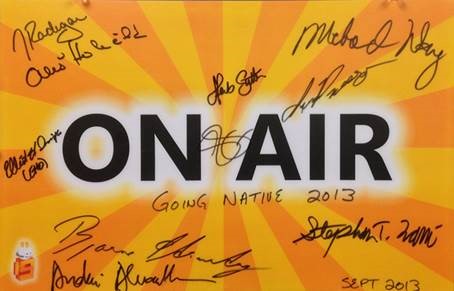Startup Cloudius announces OSv, a new C++ open-source VM operating system
Fro
Announcement: OSv, a new open-source operating system for virtual machines
InformationWeek, Charles Babcock: "Cloudius Takes On Linux as Cloud OS"
From the announcement:
Another refreshing feature of OSv is that is written in C++. It's been 40 years since Unix was (re)written in C, and the time has come for something better.
C++ is not about writing super-complex type hierarchies (as some people might have you believe). Rather, it allowed us to write shorter code with less boiler-plate repetition and less chances for bugs. It allowed us to more easily reuse quality code and data structures. And using newly standardized C++11 features, we were able to write safe concurrent code with standard language features instead of processor-specific hacks. And all of this with zero performance overheads -- most of C++'s features, most notably templates, are compile-time features which result in no run-time overhead compared to C code.

 The second part of my series about the papers for Chicago:
The second part of my series about the papers for Chicago:
 Do you know what value-initialization means, and why it's simpler in C++11?
Do you know what value-initialization means, and why it's simpler in C++11?
 The first piece of code acquired by the Smithsonian's Cooper-Hewitt National Design Museum -- "Planetary", written in C++.
The first piece of code acquired by the Smithsonian's Cooper-Hewitt National Design Museum -- "Planetary", written in C++.